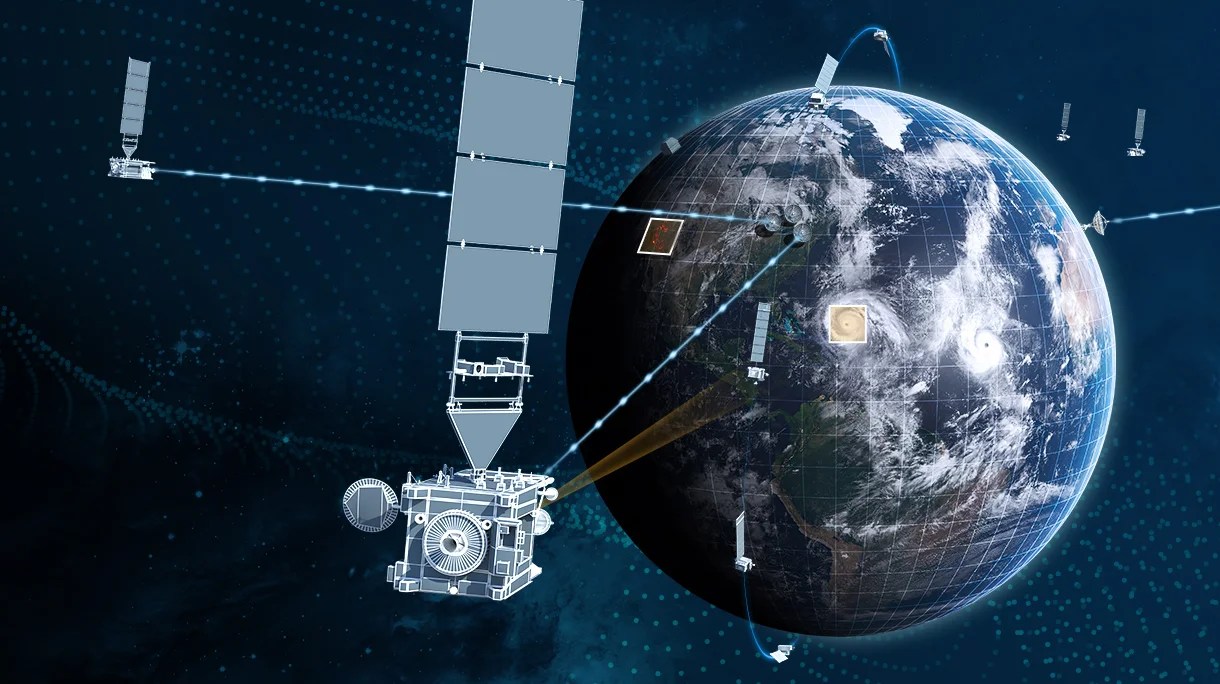
The United States space industrial base is currently facing significant challenges due to a surge in demand for small satellites, which are crucial for national security space programs. This rising demand is revealing vulnerabilities in the supply chain as the military seeks rapid deployment of satellite constellations.
The Space Development Agency (SDA), established in 2019 and now part of the U.S. Space Force, is driving this shift. Moving away from the traditional approach of deploying large, expensive satellites at extended intervals, the SDA aims to deploy hundreds of smaller satellites annually with a budget of around $4 billion. This transition demands a rapid scaling up in production capacities from suppliers.
A recent lawsuit exemplifies the tension within the sector. L3Harris Technologies, a prominent defense contractor, has taken legal action against its supplier, Moog Inc., for delays in delivering crucial satellite components and for providing parts that were reportedly defective. This legal conflict underscores the broader issues of adapting to a new era of space technology characterized by smaller, more cost-effective satellites.
According to the lawsuit filed by L3Harris, the company faced significant delays from Moog, with satellite buses arriving 11 to 13 months late, jeopardizing L3Harris’ credibility and future business prospects. Despite these challenges, the satellites were eventually launched in February, but not without concerns over potential hardware defects that could threaten the mission’s success.
Join our Discord Server: Join the community with forums and chatrooms about space!
This scenario highlights broader supply chain challenges as companies struggle to meet increasing demand. Similar to the early days of surging iPhone component orders, space companies are now under pressure to prove themselves as reliable suppliers capable of high-volume production.
The SDA’s strategy involves fostering a competitive marketplace with fixed price contracts to encourage speed and technical maturity among suppliers. However, the limited number of vendors for essential components, such as the type 1 encryption provided exclusively by Innoflight, adds a layer of complexity and dependency.
As the industry navigates these challenges, top U.S. Space Force officials have criticized major contractors for their passive approach toward resolving supply chain issues. The call is for these companies to utilize their resources to proactively address and rectify these challenges rather than blaming external factors like the COVID-19 pandemic.
The supply chain difficulties are not only a temporary inconvenience but a significant hurdle as the industry evolves to accommodate the SDA’s ambitious plans. Industry experts warn that without a concerted effort to resolve these issues, the future of U.S. space capabilities could face significant risks.
FTC: We use income earning auto affiliate links. More.

Comments